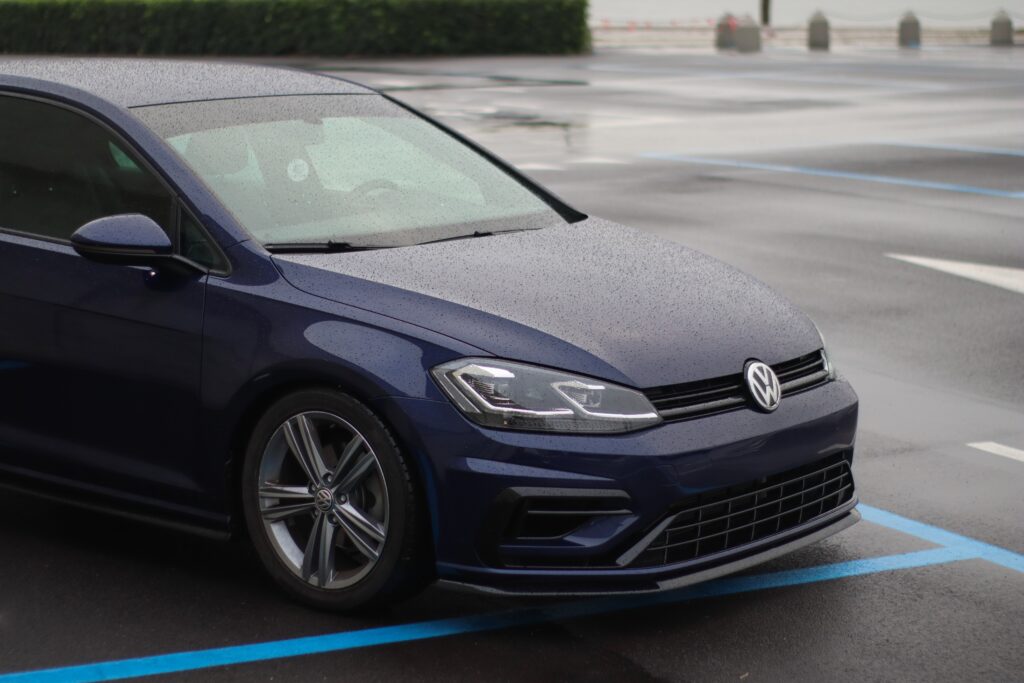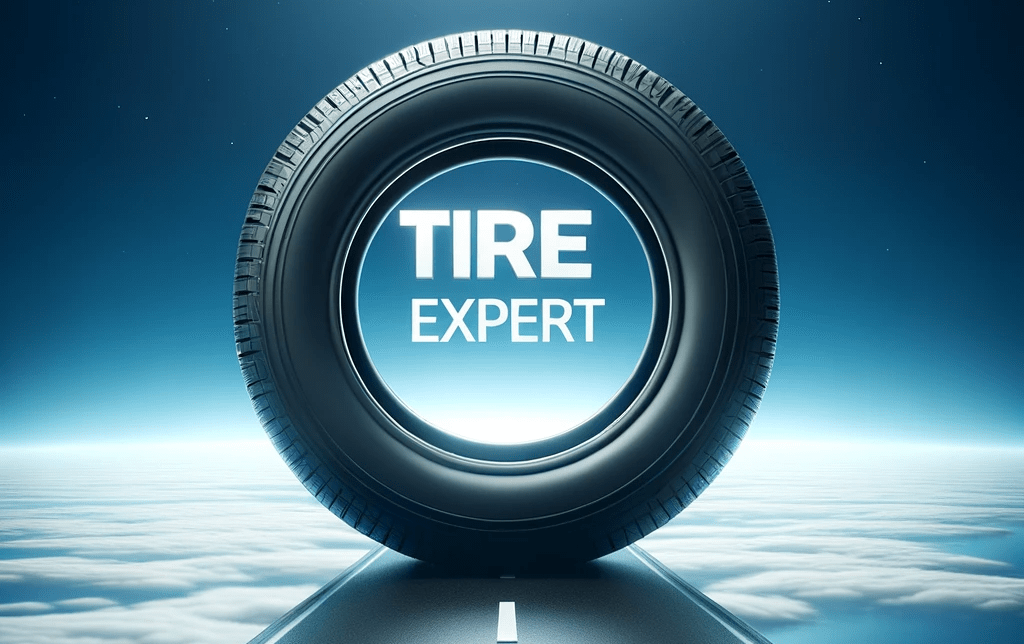If you’re a car enthusiast or simply interested in how different components affect a vehicle’s performance, you may have wondered about the impact of larger wheels on torque. Despite popular belief, the size of the wheels on your car does not directly affect the amount of torque generated. Torque is primarily determined by the engine’s power and the gears in the drivetrain. In this article, we’ll explore the relationship between wheel size and torque, debunking any common misconceptions along the way. So, let’s dive in and gain a clearer understanding of how these two elements interact in your vehicle.

The Relationship Between Wheel Size and Torque
When it comes to understanding the relationship between wheel size and torque, there are several important factors to consider. Torque, often referred to as twisting force, is a crucial element in a vehicle’s performance. It determines the ability to accelerate, tow heavy loads, and navigate challenging terrains. While wheel size does have an impact on torque, there are other influential factors at play as well. In this article, we will delve into the various aspects that affect torque production, discuss the pros and cons of both larger and smaller wheels, and explore how wheel size can affect different vehicle applications.
Understanding Torque
Before we dive into the specifics of wheel size and torque, let’s first establish a clear understanding of what torque actually is. Torque can be defined as the rotational force that an engine produces, which allows the wheels to turn and propel the vehicle forward. It is typically measured in pound-feet (lb-ft) or Newton-meters (Nm). Torque is generated by the combustion of fuel within the engine, and it plays a vital role in a vehicle’s performance characteristics, such as acceleration, towing capacity, and overall power.
Factors Affecting Torque Production
To comprehend how wheel size impacts torque, it is essential to consider the various factors that contribute to torque production. While wheel size does have an influence, it is not the sole determinant of a vehicle’s torque capacity. Let’s explore some of the other crucial aspects that affect torque production:
Engine Size and Configuration
The size and configuration of the engine are primary factors in determining torque output. Generally, larger engines tend to produce more torque than smaller ones. Engines with a higher displacement, or cubic capacity, have larger cylinders and pistons, resulting in a greater fuel combustion process and increased torque. Additionally, the configuration of the engine, whether it is a V6, V8, or other, can influence torque production. Different configurations have varying cylinder arrangements, leading to differences in torque possibilities.
Gearing and Transmission
The gearing and transmission of a vehicle also play a crucial role in torque production. The gear ratios in the transmission can be optimized to amplify torque output or favor higher top speeds. Vehicles designed for heavy hauling or towing often have lower gear ratios, which provide a mechanical advantage by increasing torque at the wheels. On the other hand, vehicles geared for speed and efficiency may have higher gear ratios, sacrificing some torque for enhanced fuel efficiency.
Axle Ratio
The axle ratio, which is the ratio of the number of revolutions the driveshaft makes to the number of revolutions the wheels make, affects torque production as well. A lower numerical axle ratio increases torque at the wheels, while a higher numerical ratio reduces torque but enables higher top speeds. The axle ratio can be adjusted to suit different driving conditions and requirements, affecting overall torque output.
Tire Size and Type
Now, let’s explore the direct relationship between wheel size and torque production. Generally speaking, larger wheels have the potential to generate more torque compared to smaller ones. This is due to the larger radius of the wheel, resulting in a greater leverage effect on the drivetrain. As the wheel diameter increases, the distance from the axle to the road surface becomes longer, allowing more torque to be exerted. However, it is important to note that tire size also plays a critical role. Low-profile tires with larger wheels may sacrifice some torque compared to smaller wheels with higher-profile tires. The type of tire, such as all-season, mud-terrain, or high-performance, can also impact traction and torque transfer to the road.
Weight and Body Design
The weight and body design of a vehicle can significantly influence torque production. Heavier vehicles typically require more torque to achieve the same level of acceleration as lighter ones. Similarly, the aerodynamic design of a vehicle can affect its ability to produce and apply torque efficiently. Vehicles with sleek and streamlined silhouettes tend to experience less drag, allowing for better torque utilization and overall performance.
Larger Wheels: The Pros and Cons
Now that we have a solid understanding of torque production, let’s explore the advantages and disadvantages of larger wheels in relation to torque:
Increased Torque Potential
One of the significant advantages of larger wheels is their potential for increased torque output. As previously mentioned, the larger radius of the wheel provides a greater leverage effect, resulting in more torque being exerted on the drivetrain. This additional torque can be beneficial in situations requiring high levels of torque, such as towing heavy loads or navigating challenging terrains.
Improved Traction and Performance
Larger wheels often come with wider tires, providing a larger contact patch with the road surface. This increased contact area improves traction, allowing for better transfer of torque to the ground. With enhanced traction, vehicles equipped with larger wheels can experience improved overall performance, especially in terms of acceleration and handling.
Decreased Torque Efficiency
While larger wheels offer increased torque potential, they may also lead to decreased torque efficiency. This is primarily because larger wheels often come with low-profile tires, which have less sidewall flexibility. The reduced sidewall flex can result in a harsher ride and less cushioning from road imperfections, particularly when compared to smaller wheels with higher-profile tires. Additionally, the greater rotational mass of larger wheels can adversely affect fuel efficiency, as more torque is required to accelerate and maintain speed.
Compromised Ride Comfort and Handling
Another consideration when it comes to larger wheels is the potential trade-off in ride comfort and handling. The reduced sidewall height of low-profile tires can result in a stiffer ride and increased susceptibility to road vibrations and impacts. Additionally, larger wheels can negatively impact handling characteristics, especially in terms of maneuverability and responsiveness. The additional rotational mass of larger wheels can make steering feel heavier and reduce overall agility.

Smaller Wheels: The Pros and Cons
While larger wheels have their advantages, smaller wheels also have their own set of pros and cons. Let’s explore them:
Lower Torque Potential
Smaller wheels generally have a lower torque potential compared to their larger counterparts. Due to their smaller radius, they exert less leverage on the drivetrain and, consequently, produce less torque. However, it’s important to note that the size and configuration of the engine, as well as the other factors we previously discussed, still play significant roles in determining overall torque output.
Reduced Traction and Performance
Smaller wheels often come with narrower tires, resulting in a smaller contact patch with the road surface. This reduced contact area can negatively affect traction, especially in situations that require high levels of torque, such as towing or off-roading. With decreased traction, performance in terms of acceleration and handling may suffer.
Higher Torque Efficiency
One of the advantages of smaller wheels is their potential for higher torque efficiency. With higher-profile tires, there is generally more sidewall flexibility, resulting in improved shock absorption and cushioning from road imperfections. This can contribute to a smoother and more comfortable ride, which is particularly desirable for everyday driving.
Enhanced Ride Comfort and Handling
Smaller wheels often offer improved ride comfort and handling characteristics. The increased sidewall height of higher-profile tires allows for better absorption of road imperfections, resulting in a smoother ride quality. Furthermore, the reduced rotational mass of smaller wheels can enhance maneuverability and responsiveness, making the vehicle feel more agile and easier to control.
Wheel Size and Vehicle Applications
Now that we have explored the pros and cons of both larger and smaller wheels, let’s consider the impact of wheel size on different vehicle applications:
Off-Roading and Mud Performance
When it comes to off-roading and tackling muddy terrains, larger wheels often have an advantage. The increased torque potential and improved traction provided by larger wheels can enable better performance, especially in challenging off-road conditions. The larger diameter and wider profile of these wheels and tires allow for better ground clearance, improved grip, and enhanced ability to tackle obstacles.
Towing and Hauling Capacities
In terms of towing and hauling heavy loads, larger wheels can also offer benefits. The increased torque potential allows for better pulling power, which is crucial when towing trailers or hauling cargo. Additionally, larger wheels often come with stronger and more robust tire constructions, capable of withstanding the added weight and stress associated with towing and hauling.

Conclusion
In conclusion, while wheel size does have an impact on torque, it is not the sole determinant. Factors such as engine size and configuration, gearing and transmission, axle ratio, tire size and type, as well as weight and body design, all contribute to torque production. Larger wheels have the potential for increased torque output and improved traction, but they may also result in decreased torque efficiency and compromised ride comfort and handling. On the other hand, smaller wheels offer higher torque efficiency, enhanced ride comfort, and improved handling, while often having lower torque potential. Understanding the relationship between wheel size and torque is crucial for selecting the right wheels for your vehicle and its intended applications. By considering all the factors at play, you can make an informed decision that suits your driving needs and preferences.

